The View from the Hill 15th May 2022
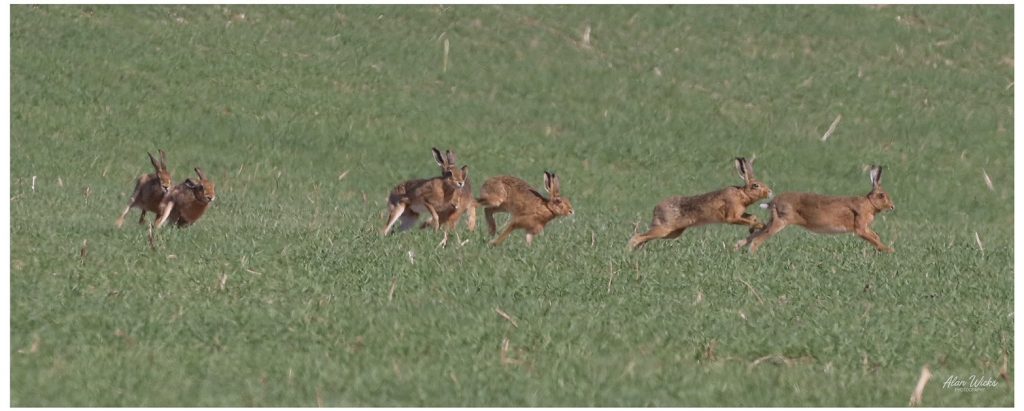
When does the hare population shift from “I like to see a few of them about” to “Might have to consider doing something about them” ? Seven or eight in a bunch constitutes grazing pressure equivalent to how many sheep? However when our local friend Alan Wicks can produce photos like this I just want to celebrate. They look like a bunch of greyhounds racing hell-for-leather around a track, but what would the hares be chasing, a stuffed whippet on a piece of string? I think they are just doing it for fun, Alan tells me that he has seen them rough and tumbling in a heap sometimes. I know that some areas suffer from much larger numbers of hares than we do, and that action does indeed need to be taken, but here, hare numbers have been low to modest for as long as I can remember. What is the key fact that limits them, there is no shortage of food? Has it been due to the presence of too many predators of the leverets, like buzzards and crows, or is it that we have been too successful in controlling small weeds in crops, which I have long understood are vital for the survival of young ground nesting birds, surely a young hare can graze on wheat from the day it’s born? It is very difficult to get the right balance between a few weeds sufficient for skylark and lapwing chicks, and a wipe-out of crop due to runaway weed infestation, the chems we use are very efficient at their job, and if you use reduced rates you risk encouraging resistance to the sprays in the weeds.
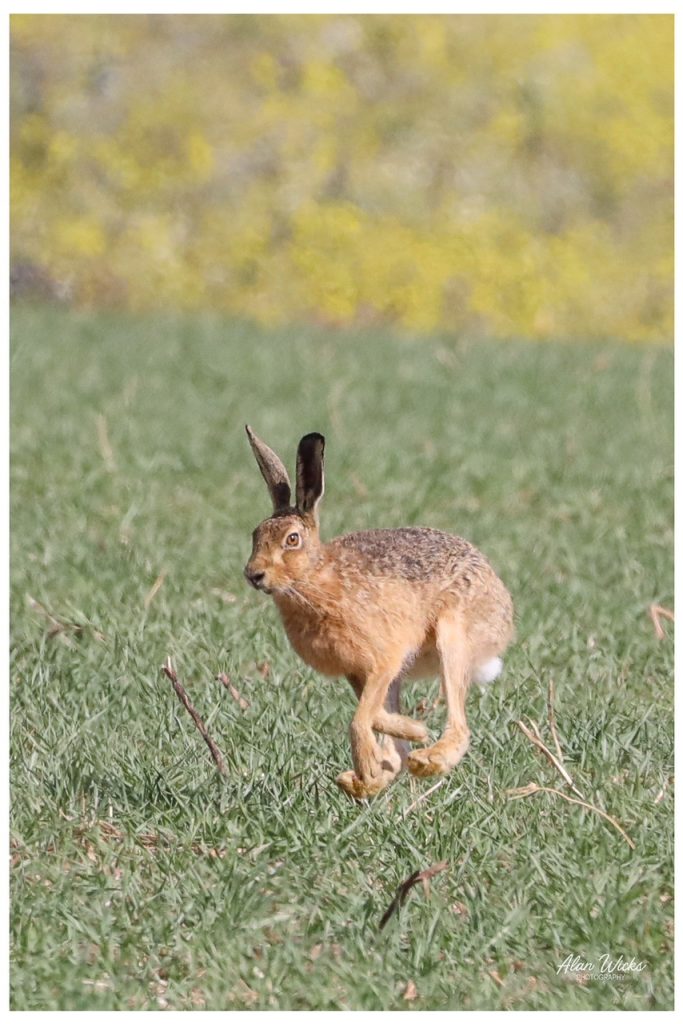
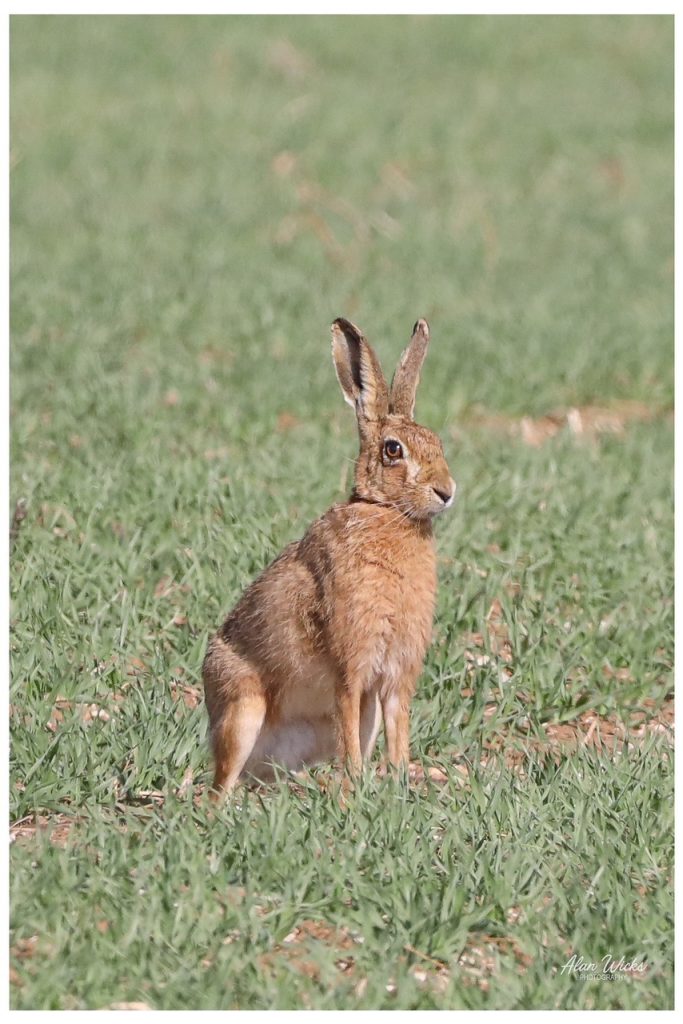
All too often when walking, biking or paddling along local rivers, one comes across weirs and sluice gates that are woefully neglected. How much of the flooding that so many tears are shed over, and the millions of pounds spent clearing up the resulting mess, could be saved if the rivers were better managed? Current river policy seems to revolve roughly around re-wilding, oh yes, and let’s bung in a few beavers for good measure, there won’t be any flooding then. Will there ? How long before a dislodged beaver dam gets washed down to a dodgy old bridge, turning it into a bigger dam, causing flooding upstream, or a tsunami downstream following its collapse?
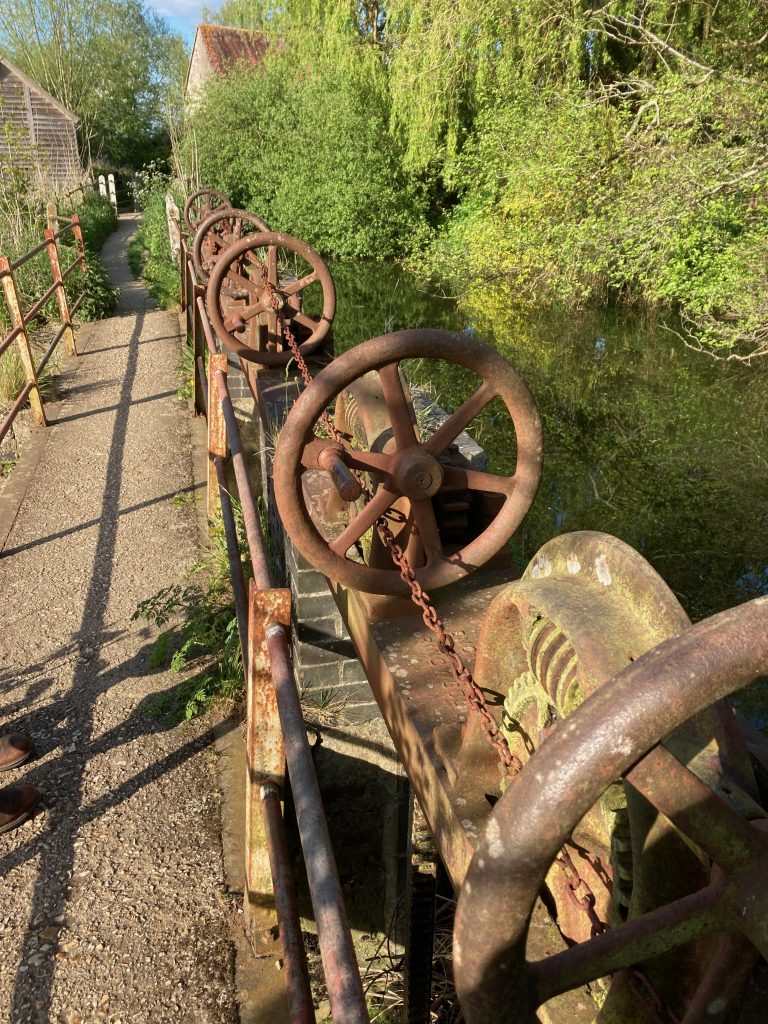
I am sure those responsible for intelligent advanced planning have borne all this in mind before launching into the Great Beaver Release Gamble that is approaching; at least five such releases are planned for Dorset. No-one seems to operate the precautionary principle any more, there are numerous tales of beaver trouble from Scotland, who as so often are ahead of us in this game, but has any notice been taken ? Apologies for all the questions this month, will someone have the decency to try to answer them ? Oops there’s another. I look forward to the outcome, luckily I live on a hill.
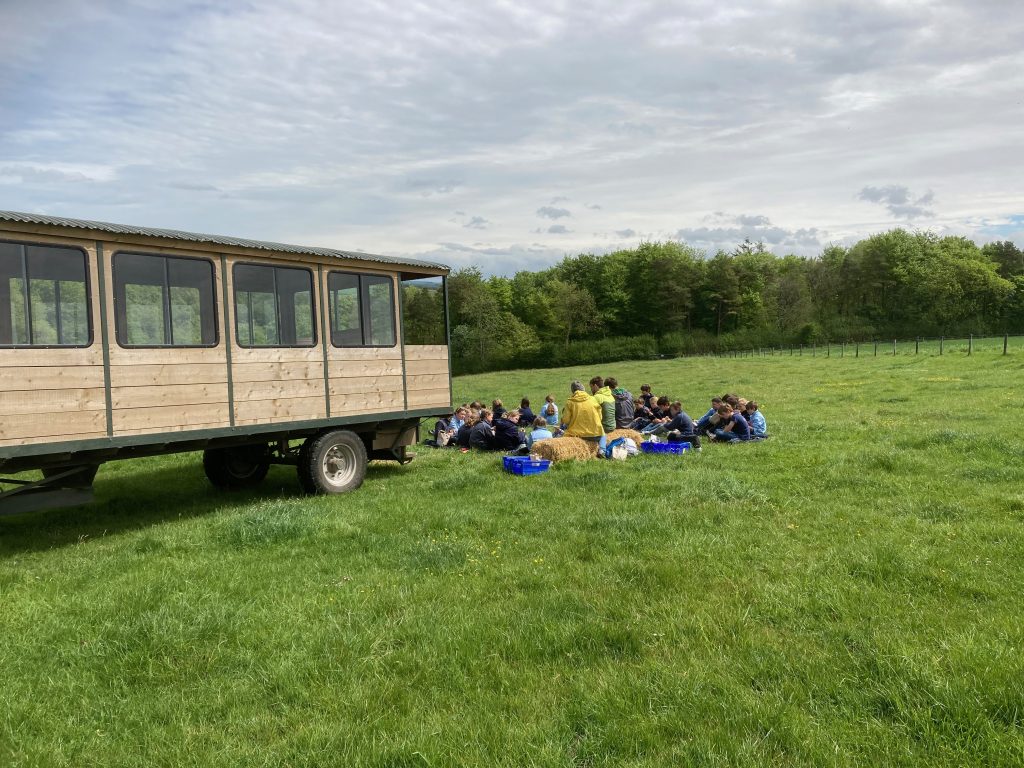
The school visit season has begun, so far in pretty co-operative weather, sometimes a group will bring a picnic, after which they will enjoy running or rolling down a nearby hill, before resuming their tour around the farm, asking plenty of questions along the way. Didn’t Mother always say you should let your lunch go down before such exertions……?
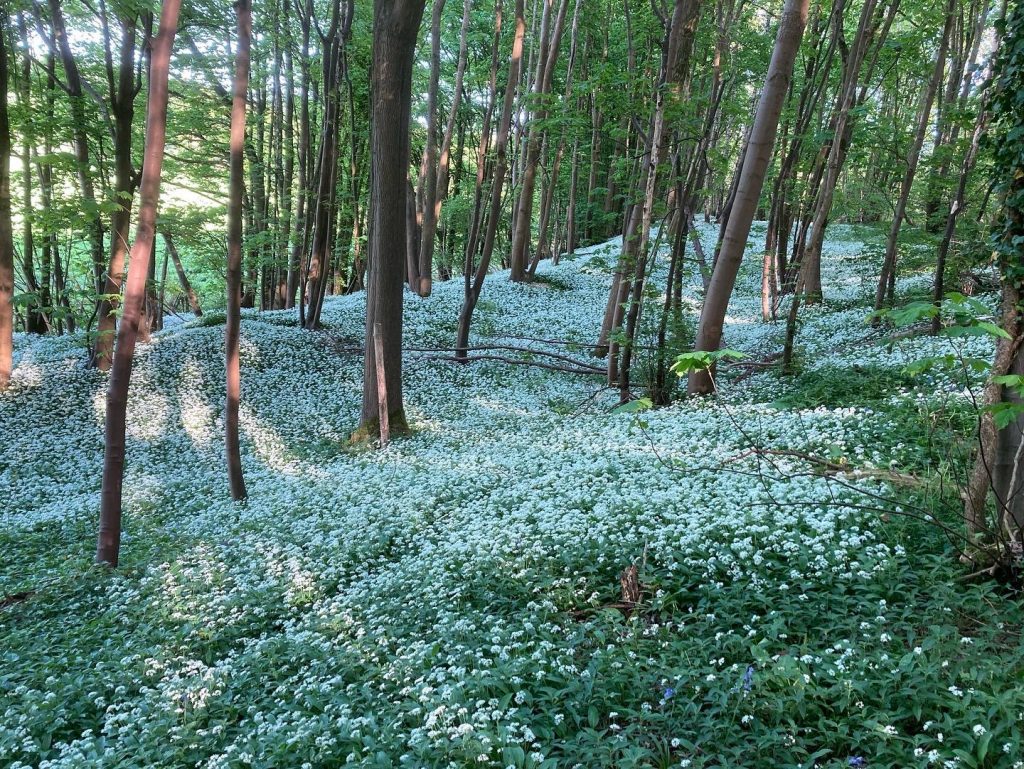
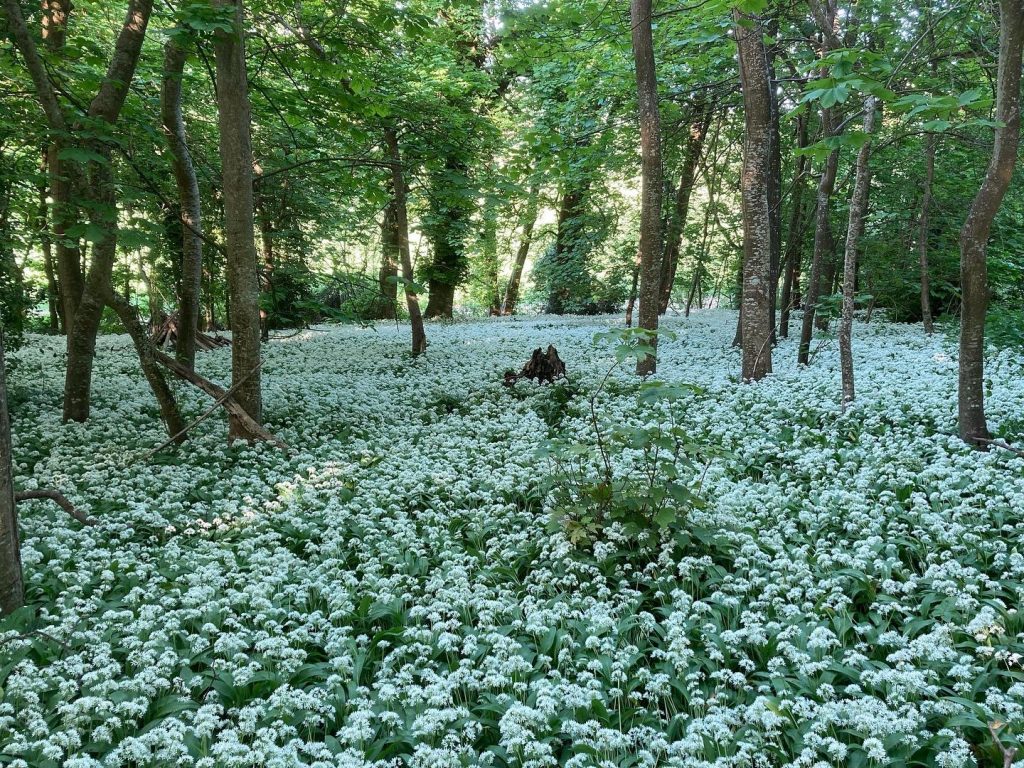
Whatever you might have thought of Jeremy Clarkson in the past, since he began to share the trials and tribulations of learning to farm with his huge audience, he has surely been a force of good for the industry. His first series from his farm Diddly Squat was highly entertaining, and brought many tales so familiar to long suffering farmers to the attention of the population at large. His piece in the Sunday Times today (15th May) is well worth looking up, he is publicising, in his entertaining style, what our (NFU) President has been trying so hard to ram home to our wise and wonderful clueless leaders for the months since the war began in Ukraine, about the impending crisis in food price and availability around the world. What he doesn’t get around to is pointing out all the micro decisions we are making at farm level, to control risk, and to preserve our livelihoods, which are very likely to result in reductions in production. Speaking to many farmers it is easy to find those who have reduced their usage of fertiliser this year, accepting that output may fall. This year could be ok, many bought fert at what now seem giveaway prices, and we can currently sell grain, milk and meat at prices well above where we were a year or two ago. (With apologies to pig and chicken farmers). Ask about next year though, and you get blank looks all round. How do we make sense of such a huge change in circumstances? Should we buy (very expensive) fertiliser for next season now while we can get it, and we can back it up with cracking forward grain prices, unfortunately that doesn’t work in the meat markets, or do we wait and see? In terms of the environment, and climate damaging emissions, it couldn’t be a better time to rein back on fertiliser applications, and test the result. With the ongoing war though, shortfalls in exports of grains from Russia and Ukraine are suggesting the opposite. At farm level, I suspect we are likely to be cautious, with production likely to fall.
Ammonium nitrate causes damage to the atmosphere in at least 3 distinct ways, firstly during manufacture, the haber-bosch process uses enormous quantities of energy to fix atmospheric nitrogen with hydrogen from natural gas over an iron catalyst at 450 degrees C. The resulting ammonia gas itself causes atmospheric pollution if it escapes. Ammonia can be reacted with nitric acid to form ammonium nitrate fertiliser (AN). When applied to the soil, nitrate fertiliser will degrade and produce nitrous oxide gas in wet conditions, which finds its way into the atmosphere, it is a potent greenhouse gas. Nitrate is also very soluble, and vulnerable to leaching through the soil, and can end up in groundwater. AN is at best 50% efficient, meaning that only half of it gets used by our crops in the growing season, the rest gets leached, gassed off, or might remain to feed a following crop. Not only this, but AN will oxidise organic matter in the soil, sending more carbon into the atmosphere as CO2, and it upsets microbiological activity, damaging soil health. AN will also cause acidification of soil, altering the soil’s ability to release other nutrients to plants, therefore lime needs to be added to many soils to keep the pH around the optimum level.
And if that is not enough, the overwhelming issue we have with artificial fertiliser is that it has enabled us to grow the world population to double what it might have been had it not been invented, that is a hell of a problem, we are now in a position where we cannot sustain the human race without, having grown so huge by using it.
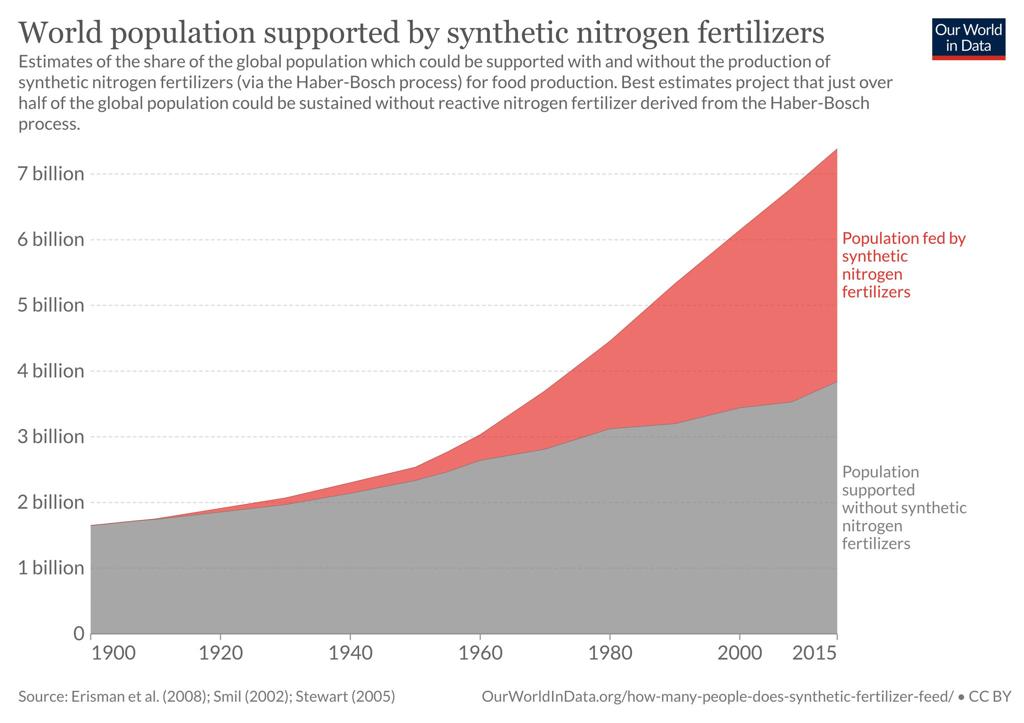
There are a few things we can do to improve things:
- Stop over-use of fertilisers, by more accurately matching rates to crop need and soil nitrogen supply
- Improve the organic matter content of soils, which will improve nutrient holding capacity, and reduce leaching
- Make better use of the organic manures available across the industry, spread more evenly across more land
- Cut down on the allegedly 30% wastage of food across society around the world, then we won’t need to produce so much food in the first place.
- Cut down on damaging cultivations to soils where possible, cultivation oxidises organic matter reducing the ability of soil to hold nutrients.
- Learn how to sequester carbon from the atmosphere into the soil in such ways as by maintaining green cover as much of the time as possible, with active roots in the soil, photosynthesis enables plants to push carbohydrate into the soil through their roots, which feeds beneficial fungi which form synergistic relationships with plant roots and hence build organic matter.
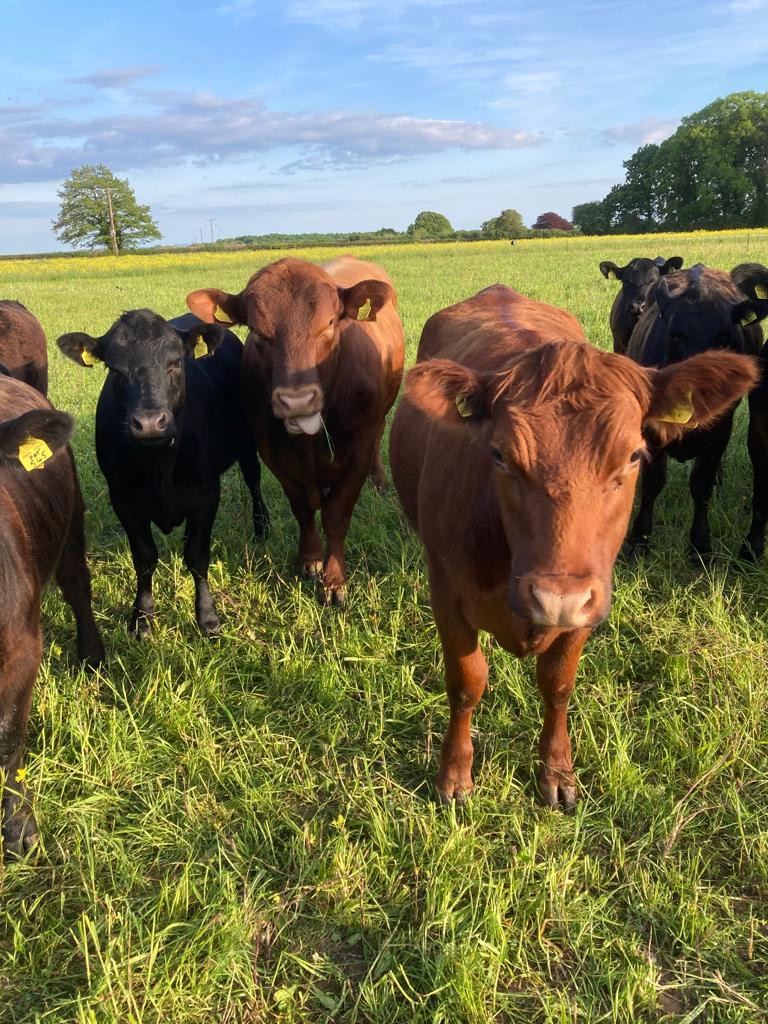
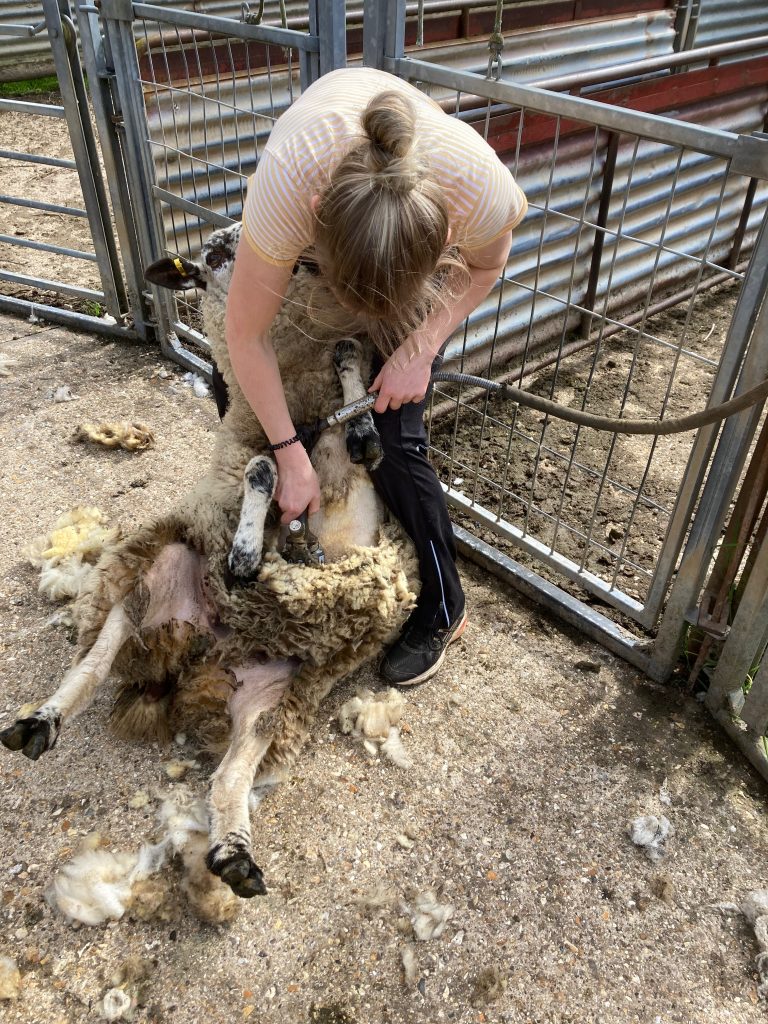
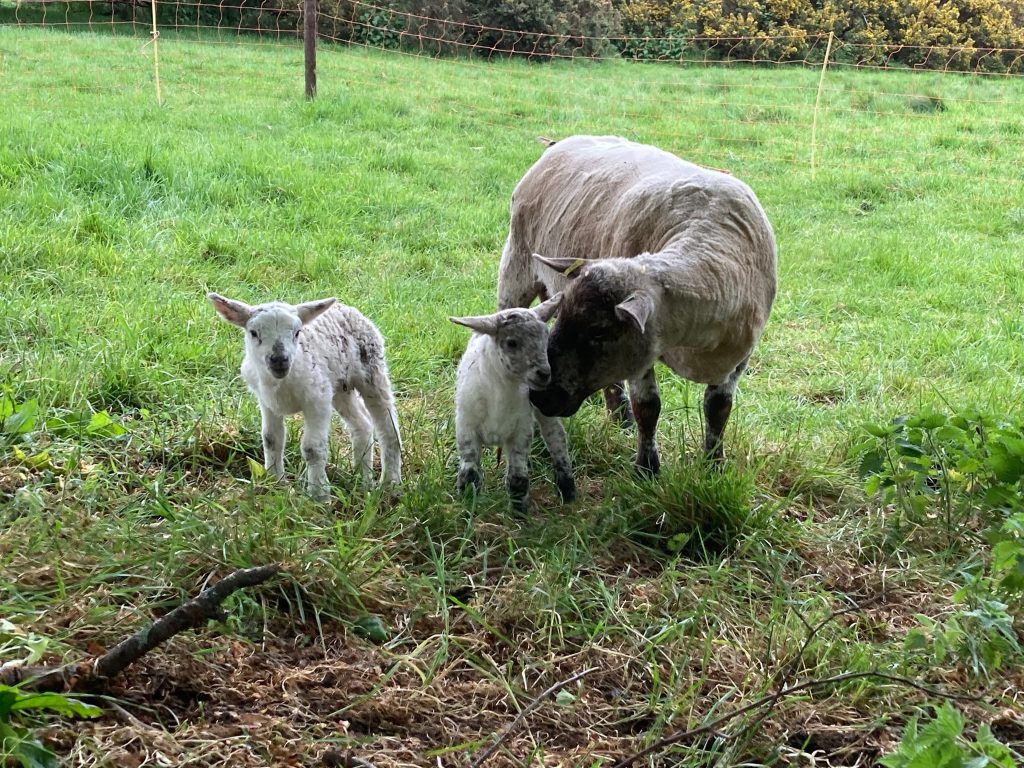
A fox has been seen in the lambing field, so the newly lambed have to be penned behind an electric fence every night while the lambs are small.
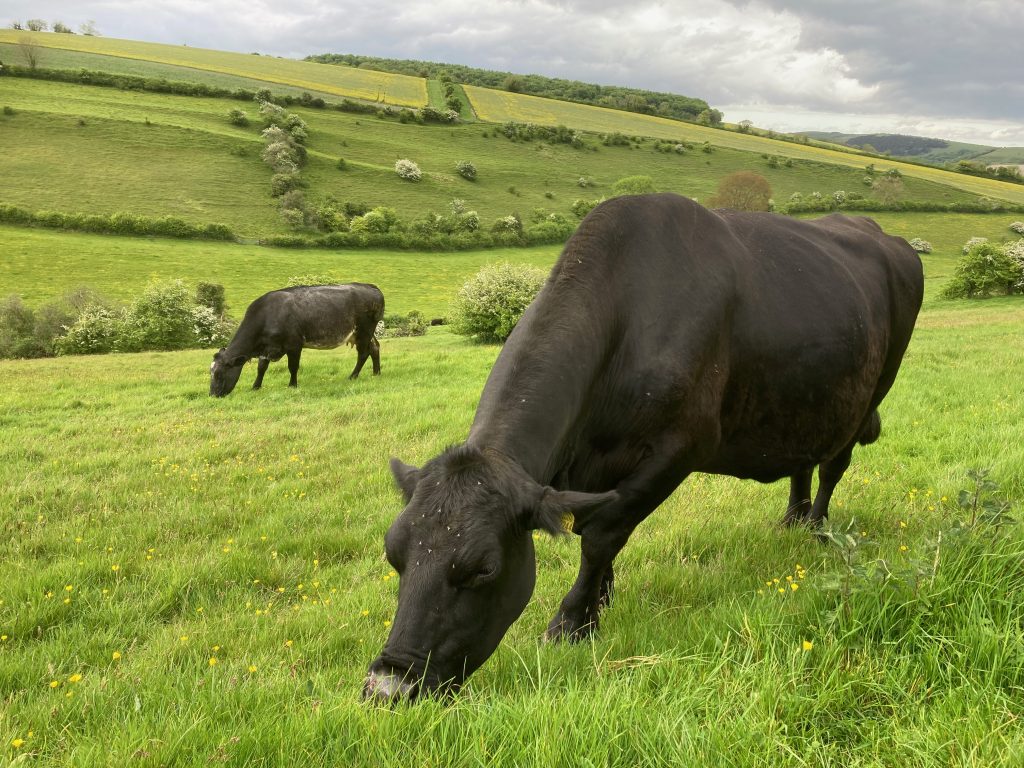
Next month

You know my thoughts on beavers. It is wholly uncivilized to think of a countryside without them, but resources will have to be dedicated to impact mitigation in many instances. We must pay our tithe to nature….
If you are a country with a lot of empty land, a lot of solar radiation and a reducing market for your existing major export of fossil fuel might you not turn to manufacturing revenue out of thin air: nitrogen?
Of your ten point plan I think working on applying nitrogen so more is used by the crop needs attention and with water resources becoming unpredictable that might well mean growing more horticultural crops hydroponically.
I read with interest about the beavers.i have no problems with them .but they have to be controlled like many other wild animals, this loss if control has ked to the problems that we get. Now the rivers is another big complaint of mine, the rivers in my view are not managed , if you have had any dealings with the supposed Environment Agency as I have ,they actually do nothing,,no wonder our rivers are in the state that they are. Sorry perhaps it is just me having a bad day
Sorry my fingers are to big for this small keyboard
I like many have reduced my nitrogen use on my arable crops a bit. I have, however, reduced my nitrogen use on my grassland enormously, I cannot see how it will pay.
The net result of this will be less grass-fed beef on the market having had to sell some of the animals to indoor fatteners who use an expensive cereal based diet to produce what is, in my opinion at least, an inferior product with a much larger carbon footprint.
Pig and poultry meat will soon become a very rare commodity indeed unless it becomes much more expensive (with a large proportion of the increase in price pased on to the primary producer, my weekly pig feed bill has gone up by almost double since last summer and shows no signs of coming down.
Pig farmers ar giving up the job all over Europe and puolrty farmers are chosing not to fill sheds I understand.
Enough manure to stop us using artificial nitrogen is possible according to George Eustace, the bit he missed out was that to do this everyone in the country will have to eat 18 eggs per day and washed down with 5 litres of milk and the roads will be stuffed full of lorries carting manure from West to east all over the country.
Hi, George – re Patrick Holden & nitrogenous fertilisers, of which he claims to use none at all.
Try https://www.holdenfarmdairy.co.uk/contact-us
OR
info@holdenfarmdairy.co.uk
OR
01570-493283